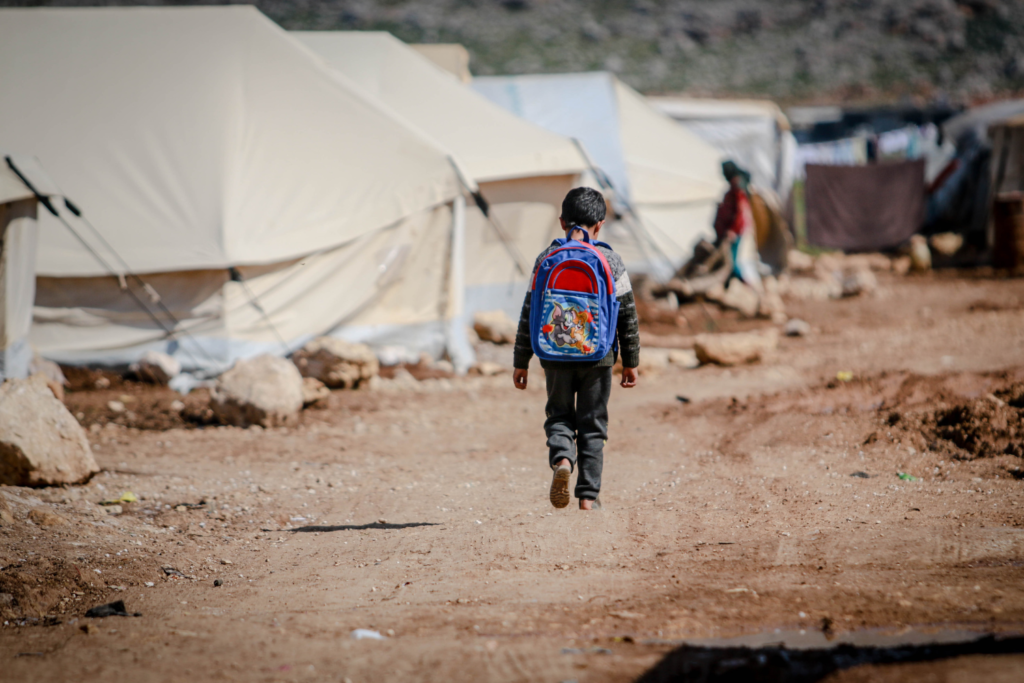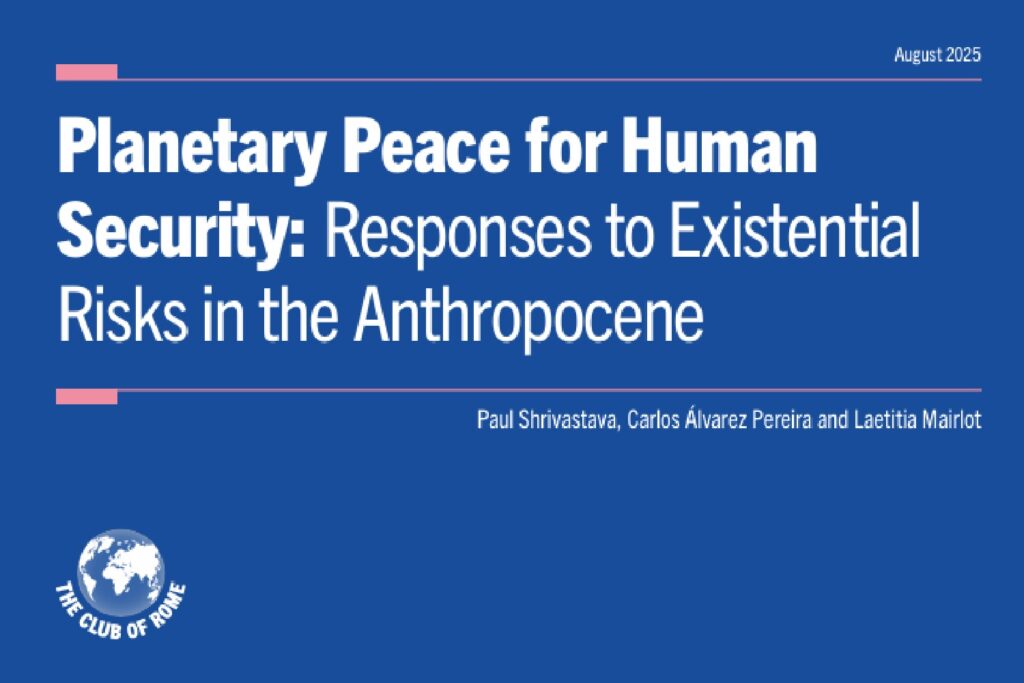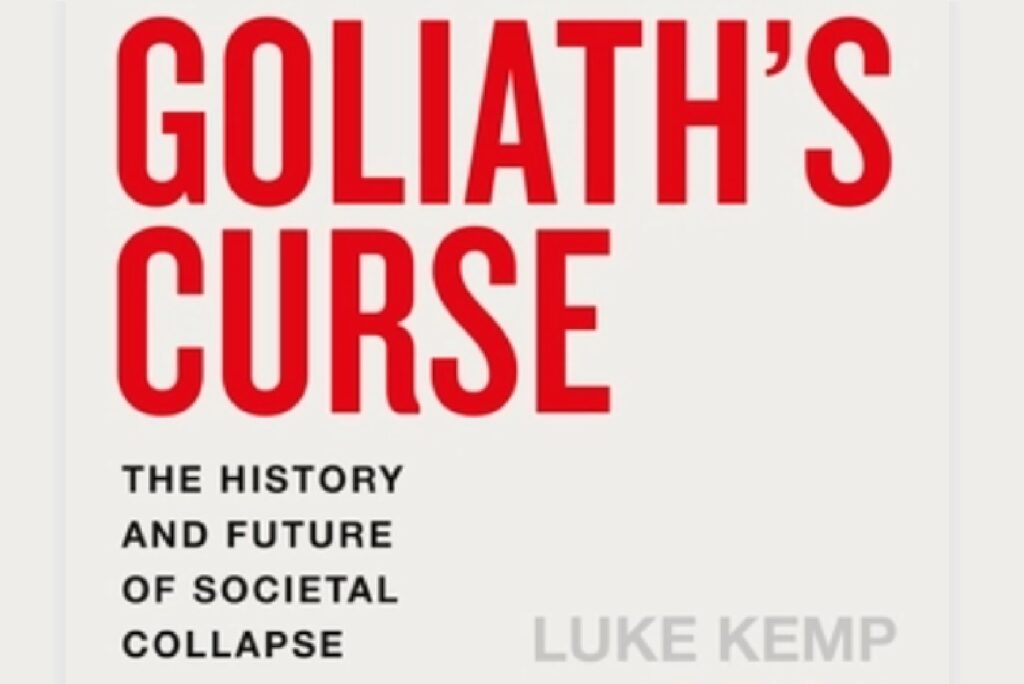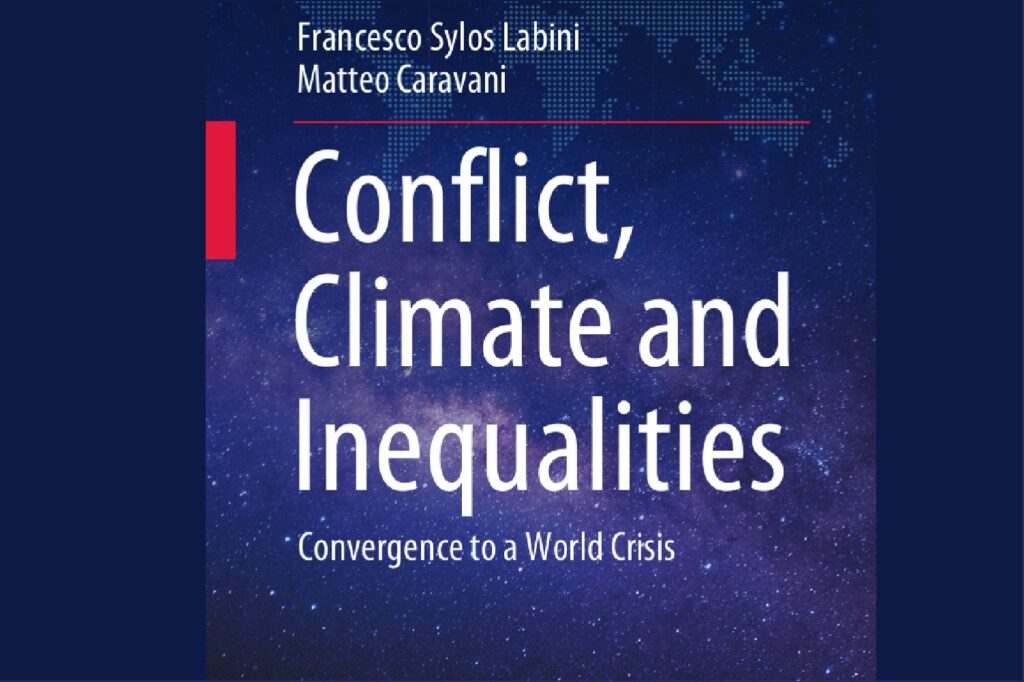Facing the Polycrisis: Human-Environmental Security for Planet Earth
This chapter of the Handbook on Migration and Human Rights examines the urgency of adopting a holistic vision for human–environmental security in shaping the future of the planet. It highlights how “human security” objectives can be aligned with “human rights” concerns in the design and implementation of responsible government policy aimed at safeguarding planet Earth. […]
Facing the Polycrisis: Human-Environmental Security for Planet Earth Read More »










